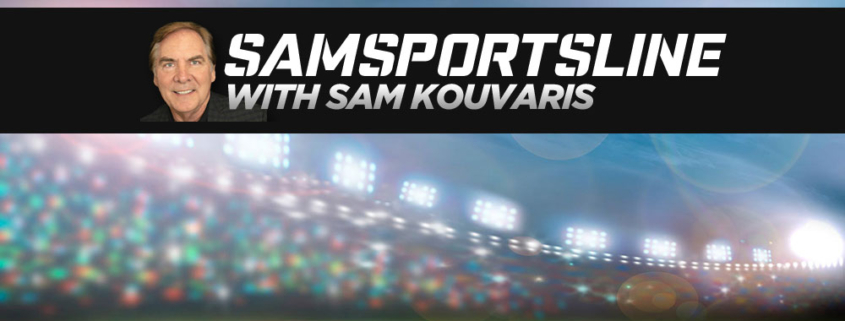Weaver’s Moves
You can’t really go by whatever anybody says in professional sports anymore. Everybody’s got an agenda. They’re saying one thing to influence another, playing both sides against the middle. That goes for players, coaches scouts and owners. Even though they constantly criticize the media as negative and meddling, they’re all trying to use the media to get their particular point across.
That’s why I wouldn’t put too much stock in what Jaguars Owner Wayne Weaver says, or has said about the lease with the city and the prospect of moving the team.
His actions have always lead to the truth about what’s going on with the team, not necessarily his words. Which is fine. He’s got a business to run, and he’s going to do it the way he sees fit. Weaver’s letter to the city was very specific in outlining how the team had lost money in two of the last three years. All along Weaver knew that the math was tough for a town the size of Jacksonville. The population base is small compared to most other NFL markets, making ticket sales an issue.
When the team is winning, it’s not as much of a problem, and of course, the team really hasn’t won in four years. The language he used in the letter to the city relates directly to the lease specifications that might, and I emphasize might, allow the Jaguars to break the lease with the city and move out of town. The letter itself is under dispute, neither side agreeing on who even asked to have a letter in the first place.
It’s not surprising that Weaver wants a better deal than the city is offering. The biggest mistake anybody can make is to forget that Weaver is first and foremost, a businessman. He’s tough, and some have even called him ruthless. He is pleasant, and is a nice guy, but when there’s money at stake, he’s all business, right out of “The Art of War.” So capturing the high ground is important to him, allowing him to maximize his profits. And he’s entitled to that, so long as he’s putting the best team on the field that he possibly can.
I don’t consider Weaver’s letter a threat, but merely another step in the negotiating process. But don’t think the team will ever leave either. Even though the lease between the Jaguars and the city is pretty airtight, a buyout of $100 million or so doesn’t seem so bad for a product that’s valued over a half –billion dollars. That would seem like a small price to pay for a city like Los Angeles to get an NFL team back to Southern California.
One thing Weaver has failed to do is create a community feel for his team. Their business dealings in the first six or seven years of the franchise turned a lot of local business leaders off. They’re negotiating style was “We’re the Jaguars and ‘you’re not,” leaving even the winners of the negotiations to become partners with the team leaving the bargaining table feeling like they had blood on their hands. Same thing with their relationship with fans over the first six or seven years. Long term contracts, high priced tickets and overpriced concessions had fans leaving the stadium feeling like they’d had been to a business venture rather than a football game.
Things have gotten better, but three things need to happen: First, they need to win. The team was competitive last year, but fell apart in a couple of crucial situations, leaving them short of the playoffs. Second, they need to stop the public talk about the lease and get serious in the negotiations. Stop using the media trying to sway public opinion one way or another. I agree with Weaver when he says he’s not going to get into the “What if?” game. And third, Weaver himself needs to be part of the team’s promotional package. The fans like him and can put a face on the team that Byron Leftwich, Fred Taylor and Jack Del Rio can’t.
And finally consider this. Weaver paid about $120 million cash for the team. He didn’t share in the television revenue as a full partner for the first three years so you could say his price was higher, but the cash outlay for Weaver and his investment group was around $120 million. The Jaguars are now valued at over $550 million, with a line of purchasers standing at the gate with their checkbooks ready. That’s a pretty good return on your investment in just 12 years, if you’re a businessman.
And don’t forget, Wayne’s all about business.



